Community

The Neuroscience of EQ: Understanding brain responses in emotional intelligence and decision-making
Posted By VMA at 23 Apr 2025 10:15 AM
Q6: How can understanding the brain's response to stress and emotions help you regulate your reactions in difficult healthcare situations?
Q7: How might you apply emotional awareness to improve both your personal resilience and your ability to lead others in healthcare settings?
Comments

Layan Khalid Alsulaiman
06 May 2025 03:35 PM
Q1- Understanding how the brain reacts to stress (e.g., amygdala activation and prefrontal cortex regulation) helps you pause, think clearly, and choose a measured response instead of reacting impulsively. This promotes better decision-making in high-pressure healthcare situations.
Q2- Emotional awareness helps you recognize your feelings early, manage them effectively, and stay calm under pressure. This builds personal resilience and sets a positive example, enhancing your ability to support and lead others through challenges.



Knowledge of the neural response to stress, such as the interplay between amygdala activation and prefrontal cortex regulation, facilitates an intentional delay between stimulus and response. This capacity to override impulsive reactions is essential for effective, measured decision-making during critical clinical scenarios.
Cultivating emotional awareness enables the early identification and effective management of one's affective state, promoting composure under duress. This process develops personal resilience and establishes a positive behavioral benchmark, thereby optimizing one's competence in providing supportive leadership during periods of organizational challenge.